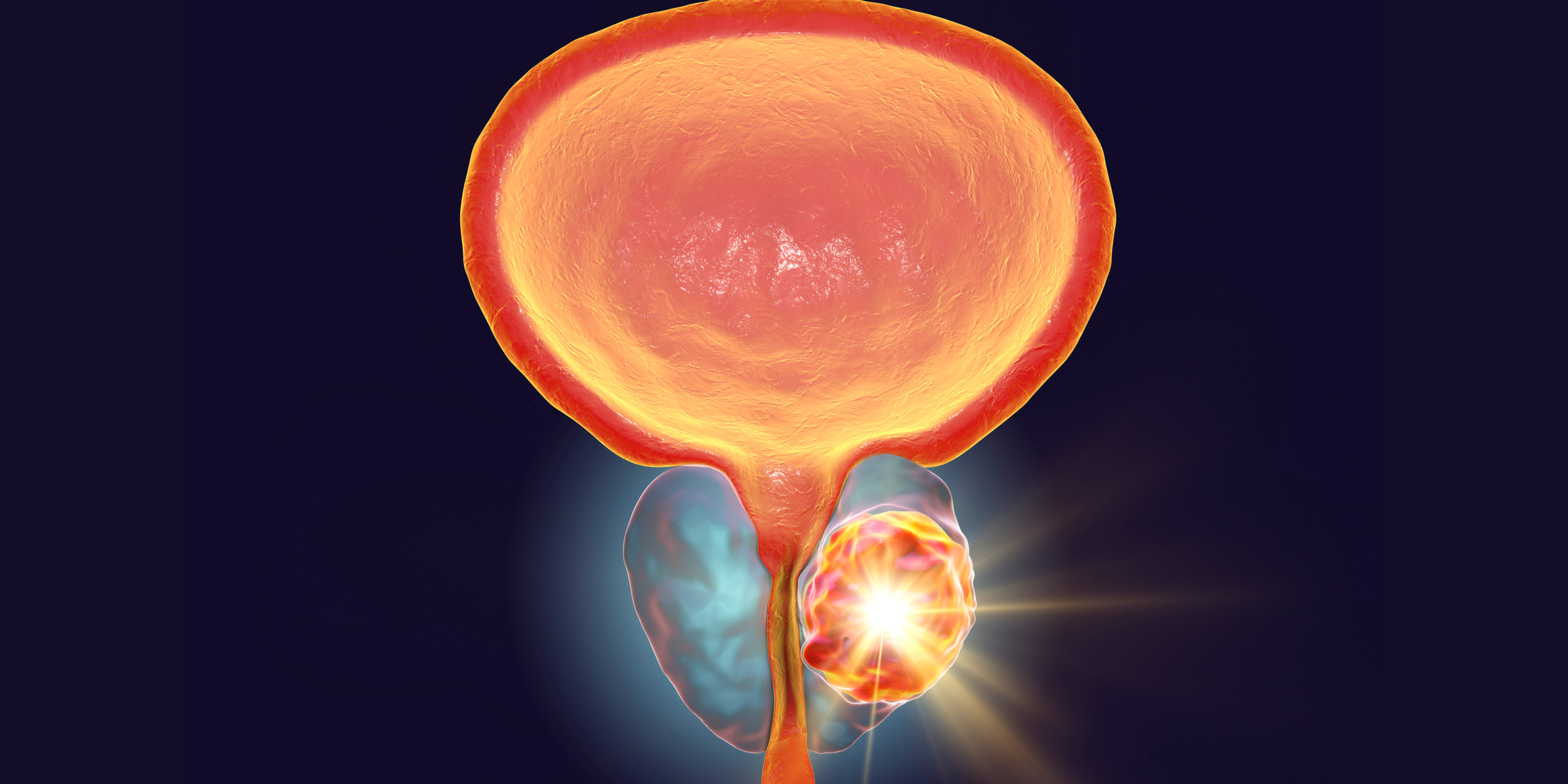Enlarged prostate (BPH): symptoms, causes & what men over 40 should know
If you’re a man over 40, you may start to notice changes in your urinary habits, such as constantly looking for a bathroom or waking up multiple times at night to pee. This may be a sign of enlarged prostate, also known as Benign Prostatic Hyperplasia (BPH). This condition is incredibly common and can affect your comfort, sleep, and quality of life.
What is benign prostatic hyperplasia (BPH)?
Benign Prostatic Hyperplasia (BPH) occurs when the prostate gland grows larger than normal. It is one of the most common health issues men face as they grow older.
The prostate is a small, walnut-sized gland that helps produce semen. It is located below the bladder and surrounds part of the urethra, the tube that carries urine and sperm out of the body. As the prostate grows, it begins to press against the urethra, leading to urinary problems.
Is BPH the same as prostate cancer?
No, BPH is not cancer and it does not increase your risk of developing prostate cancer. However, BPH symptoms can impact your quality of life and may indicate more serious conditions like prostate cancer.
Common symptoms of BPH
Frequent urination, especially at night (nocturia)
Difficulty starting urination
Weak or slow urine stream
Feeling like you still need to urinate after going
Dribbling or leaking after urinating
Urgent or sudden need to urinate
What causes an enlarged prostate?
The exact cause of BPH isn’t fully known, but it's closely tied to hormonal changes that occur with aging. As men age, testosterone levels decrease and estrogen levels rise, which may stimulate prostate growth.
Who is at risk for BPH?
Several factors increase a man’s risk of developing BPH:
Age – over 50% of men have BPH symptoms by age 60, and up to 90% by age 85
Family history of prostate issues
Diabetes or heart disease
Lifestyle factors like obesity and lack of exercise
When to see a doctor
Call your healthcare provider immediately if you:
Cannot urinate
Have blood in your urine
Have fever or chills while urinating
Feel pain in your back, lower abdomen, or genitals
Next Steps
If you're experiencing symptoms of an enlarged prostate, talk to your healthcare provider about getting evaluated. A combination of symptom assessment, urine tests, and PSA (Prostate-Specific Antigen) blood tests can help determine whether you’re dealing with BPH or another prostate issue.

